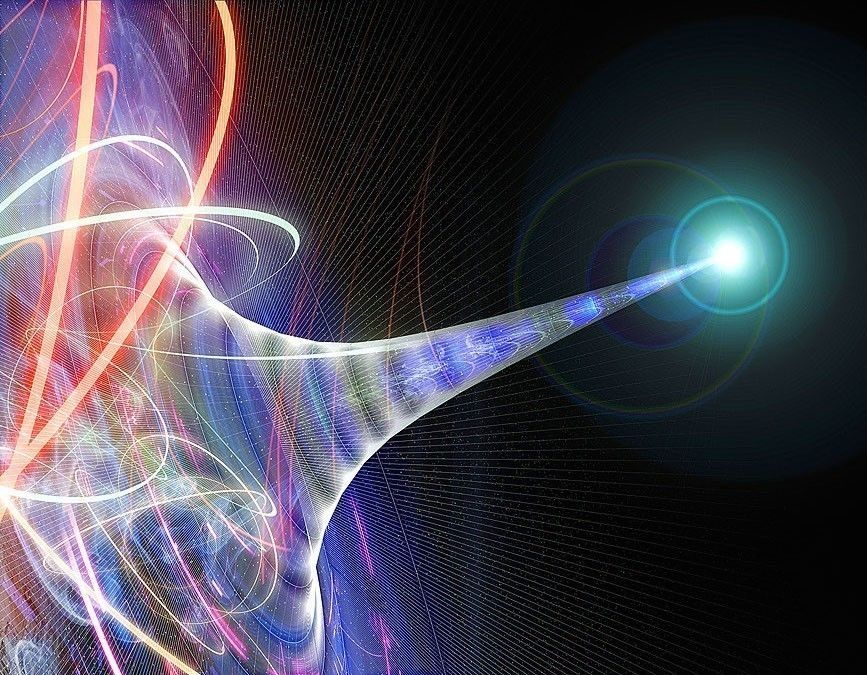Interview with Dr. Jose Luis Cordeiro at the International Longevity and Cryopreservation Summit in Madrid.
During the recent International Longevity and Cryopreservation Summit in Madrid, LEAF Board member Elena Milova had the opportunity to speak with Dr. Jose Luis Cordeiro new fellow of the World Academy of Art and Science (WAAS) and long-term proponent of innovation technologies in many fields. Jose shared his vision on how public perception of rejuvenation technologies is changing over time and what are the main outcomes of the groundbreaking show he and his team managed to organize.
Dr. Cordeiro got his B.Sc. and M.Sc. degrees in Mechanical Engineering at the Massachusetts Institute of Technology (MIT) in Cambridge, USA, with a minor in Economics and Languages. He is President Emeritus of the Future World Society (Venezuela) and since its foundation about two decades ago Jose managed to become an influential futurist. He is a founding faculty at NASA created Singularity University in Silicon Valley. The goal of the research centre is to tackle global problems such as health, nutrition, poverty and education using the medium of technology. He is also on the board of directors for the Lifeboat Foundation. Jose is part of Fundacion VidaPlus, promoting rejuvenation technologies as well as cryonics, as he believes that people who are too old to make use of the emerging biotechnologies should be granted a plan B in form of cryopreservation. Apart from traveling all over the world to promote innovative ideas in his inspiring talks, Jose has written more than 10 books and co-written over 20 more in five languages, including sections of the State of the Future by the Millennium Project. His extensive associations and achievements are far too numerous to list in this short article, and we invite you to read more about Jose here and also watch his awesome TEDx talk here.



